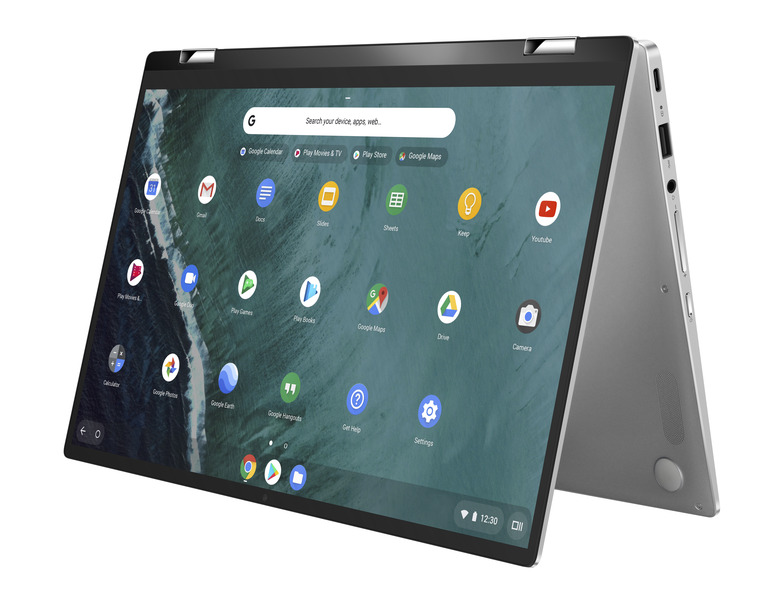Phil Schiller Says Chromebooks Are A 'Cheap Testing Tool' That Don't Help Kids Succeed
Apple today introduced a brand new 16-inch MacBook Pro that, at long last, fixes the horrid butterfly keyboard design that plagued previous models. The new notebook, which starts at $2,399, also boasts slimmer bezels, a higher resolution display, improved speakers, and the re-introduction of a physical Escape key. All in all, it's an intriguing and solid update that has long been overdue.
In conjunction with today's MacBook Pro unveiling, Apple executive Phil Schiller sat down with CNET for a far-reaching interview where he naturally extolled the virtues of Apple's new notebook. The interview was predictably full of the boilerplate verbiage you'd expect from a marketing executive, but things got a little bit more interesting when the topic of Chromebooks was brought up.
While Apple notebooks remain immensely popular with college students, it's no secret that the K-12 market has been gravitating towards Chromebooks in recent years, all at the expense of MacBooks and iPads. According to some estimates, more than 60% of computing devices used in K-12 classrooms in the US are Chromebooks. What's more, the popularity of Chromebooks in schools abroad is growing as well.
So what does Schiller make of the Chromebook's increasing popularity? Well, not surprisingly, he's not too impressed.
Schiller made a point of noting that kids intent on learning need cutting edge technologies to really reach their full potential. And Chromebooks, Schiller says, simply don't fit the bill.
"You need to have these cutting-edge learning tools to help kids really achieve their best results," Schiller said. "Yet Chromebooks don't do that.
"Chromebooks have gotten to the classroom because, frankly, they're cheap testing tools for required testing," Schiller added. "If all you want to do is test kids, well, maybe a cheap notebook will do that. But they're not going to succeed."
Apple, meanwhile, has been busy trying to position the iPad as a superior alternative to Chromebooks, but many school districts who are already strapped for cash aren't exactly in a position to make purchasing decisions irrespective of budgetary concerns.
Update: With Schiller's remarks naturally stirring up a bit of controversy, Schiller took to Twitter this afternoon to clarify his remarks:
